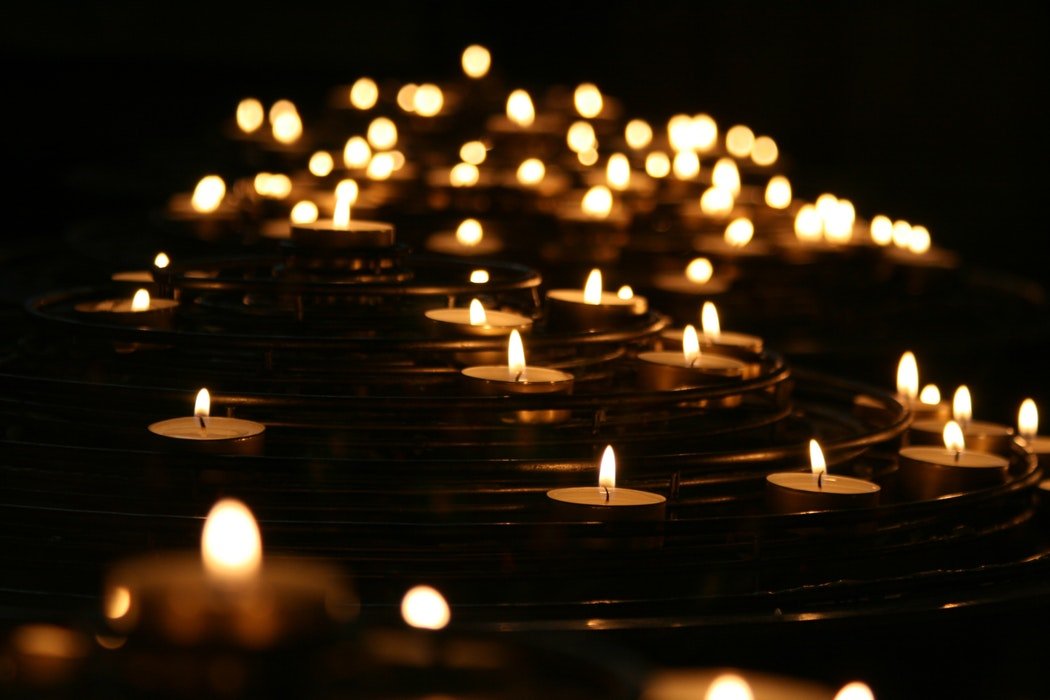Discussion Questions for How to Grieve Well: A Special Conversation

Listen in on Kate’s conversation with Rev. Susan Dunlap, here.
1. Kate has spoken to many people who are surprised to feel so disoriented right after a deep loss. Susan explains that right after a great loss people usually feel numb, a sense of unreality or disbelief. Has there been a time when you’ve experienced any of these feelings after a great loss? Describe what it felt like. Were you surprised at your response?
2. Kate makes rules for herself during periods of overwhelming grief like not talking about sad things after 8PM. Susan offers her own guideline, or rule, for those first moments of grief: Feel what you feel. Accept the cognitive, physical, and emotional elements of your grief and don’t be anxious about your varieties of responses. What is a good rule for yourself when experiencing deep sadness? Do you find Susan’s guideline helpful? Share a cognitive, physical, or emotional aspect of your personal grief that you can work on accepting.
3. Susan shares a few best practices for learning how to better care for those who are going through something awful. She suggests non-judgmental listening, patience, steadfast presence, and empathy. Describe a time someone has cared for you well in a season of grief. What is one way you can work on being a more caring presence for someone you know who is going through a hard time?
4. Susan explains a helpful term: disenfranchised grief. This happens when an individual’s grief is not recognized because of cultural rules and expectations. These are the people who experience a loss deeply yet don’t receive social support or recognition. Can you think of a time when your grief may have been disenfranchised? Maybe it was at the passing of a pet, a family member you never met, a classmate at a large school, or a celebrity you admired. Who in your life may be experiencing disenfranchised grief and in need of your care?
5. “When the world’s foundations have been shaken, it’s good to have some regular routines, some sort of pillars, around which you can organize your time and your feelings.” These can be as simple as eating well, sleeping well, or practicing a daily devotion. Whether in a time of grief now or thinking about a season to come, what are a few pillars or practices that are important for creating your sense of normalcy? Who can help remind you of these basic needs?
6. Susan and Kate share two images of God that they each find helpful in hard times. Susan thinks of God as giving minimum protection and maximum support. Kate experiences God as drawing near to the suffering, the weak, and the downtrodden. Do these images resonate with your experience of God in the hard times? What about them is helpful or unhelpful? Do you have other experiences of God in your own suffering that you’d like to share?
Bonus: If you have gone through a tragic loss recently, get together with other people whose lives have also been affected and share about that person’s legacy. If you are grieving the passing of Rachel Held Evans, plan a time to gather with a group in a few months, in person or online, and share what her words meant to you and how her work still bears fruit.
Discussion Questions written by Kilpy Singer (kilpy@katebowler.com).
For more discussion questions and helpful resources, visit KateBowler.com.
Subscribe to Everything Happens wherever you listen to podcasts.


